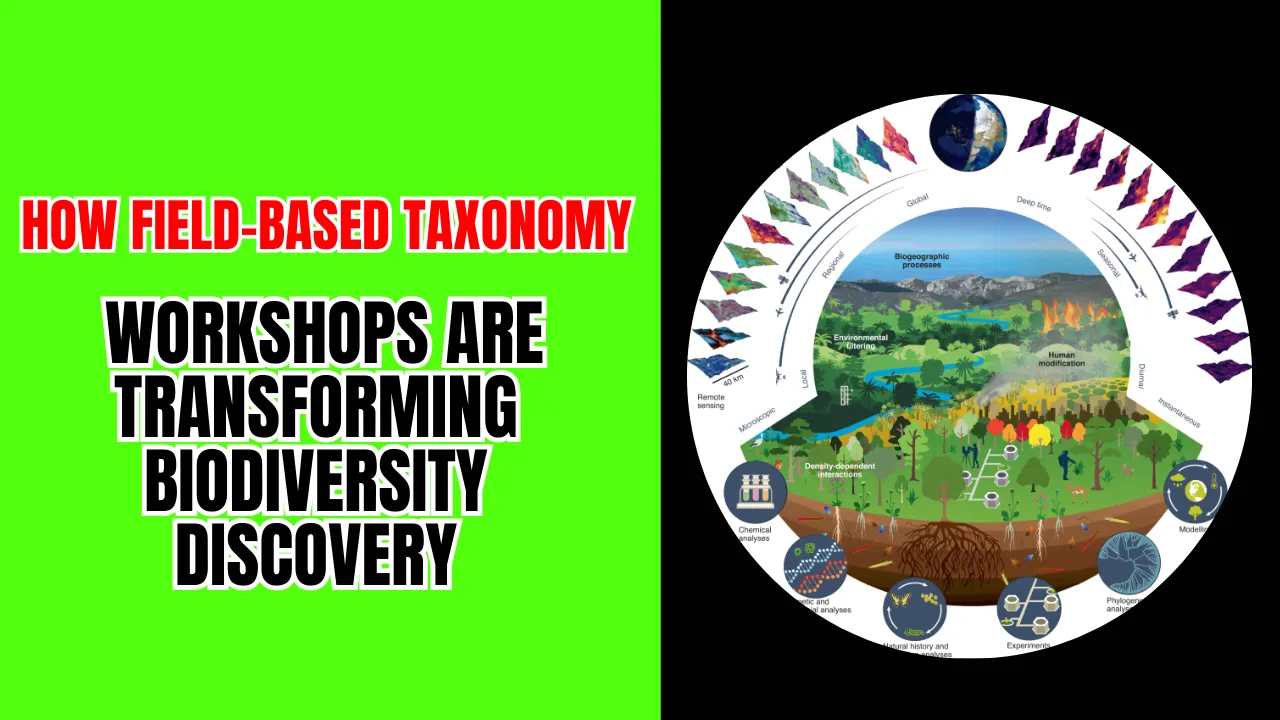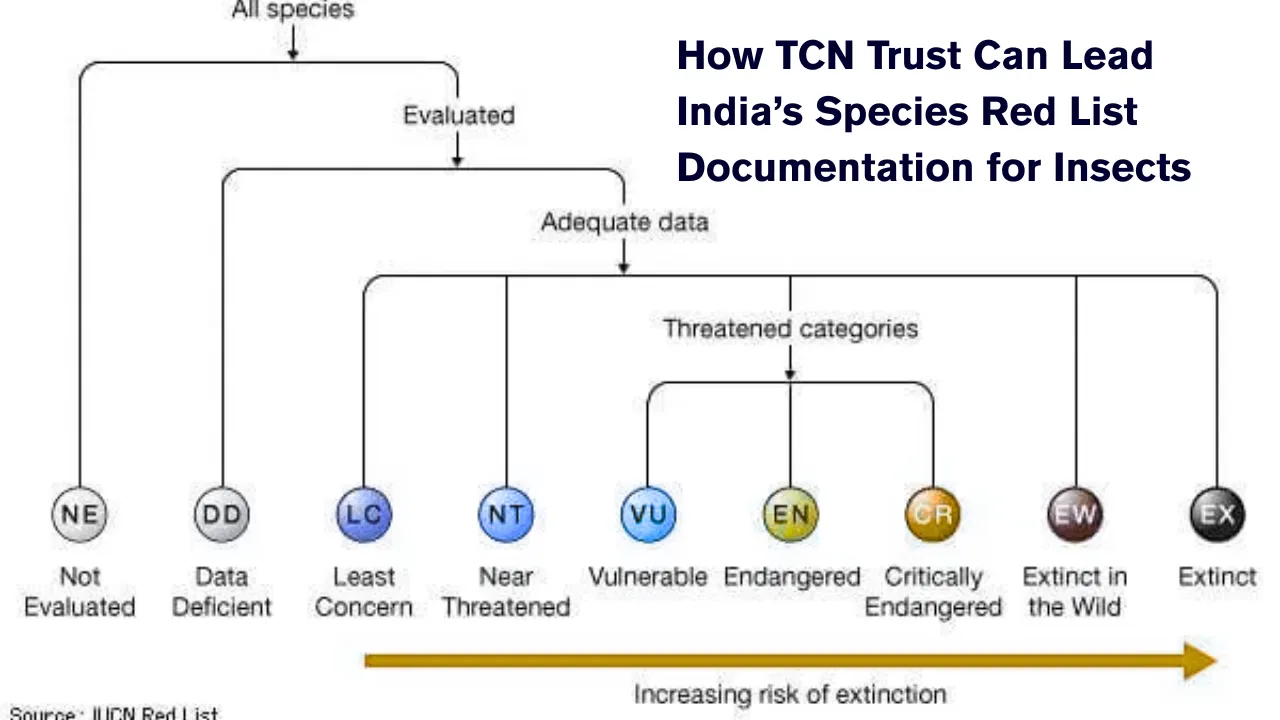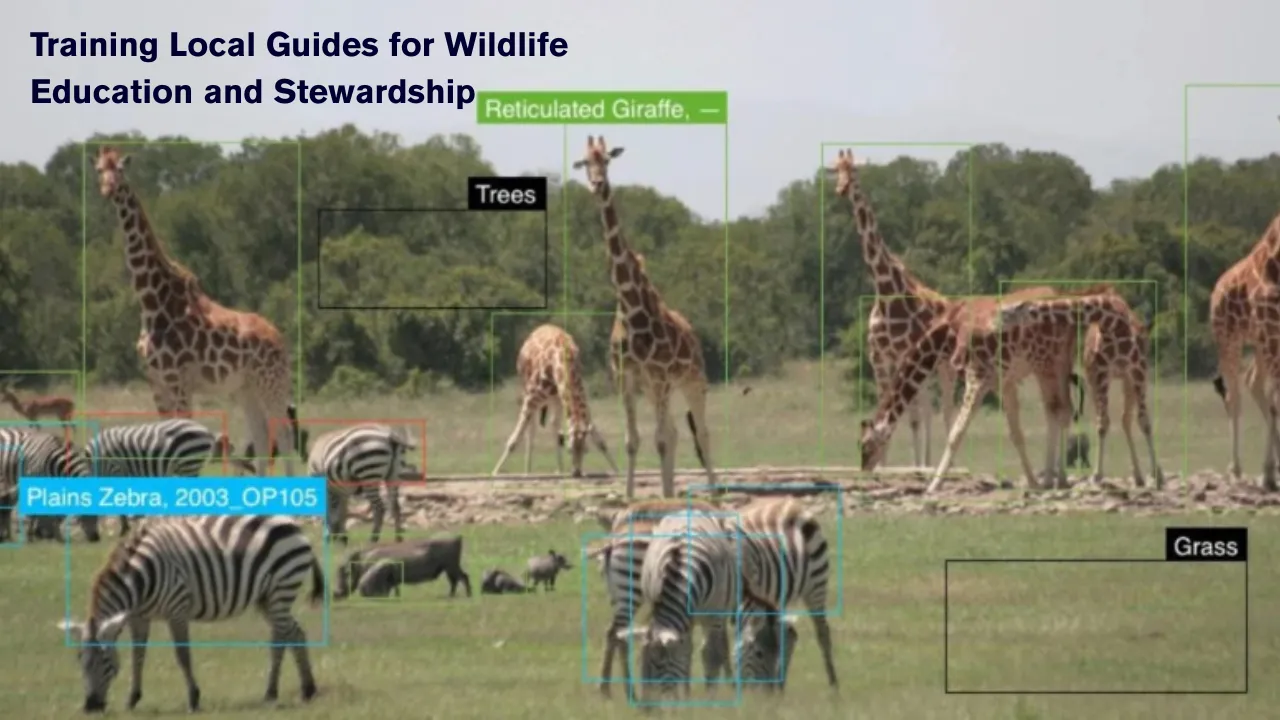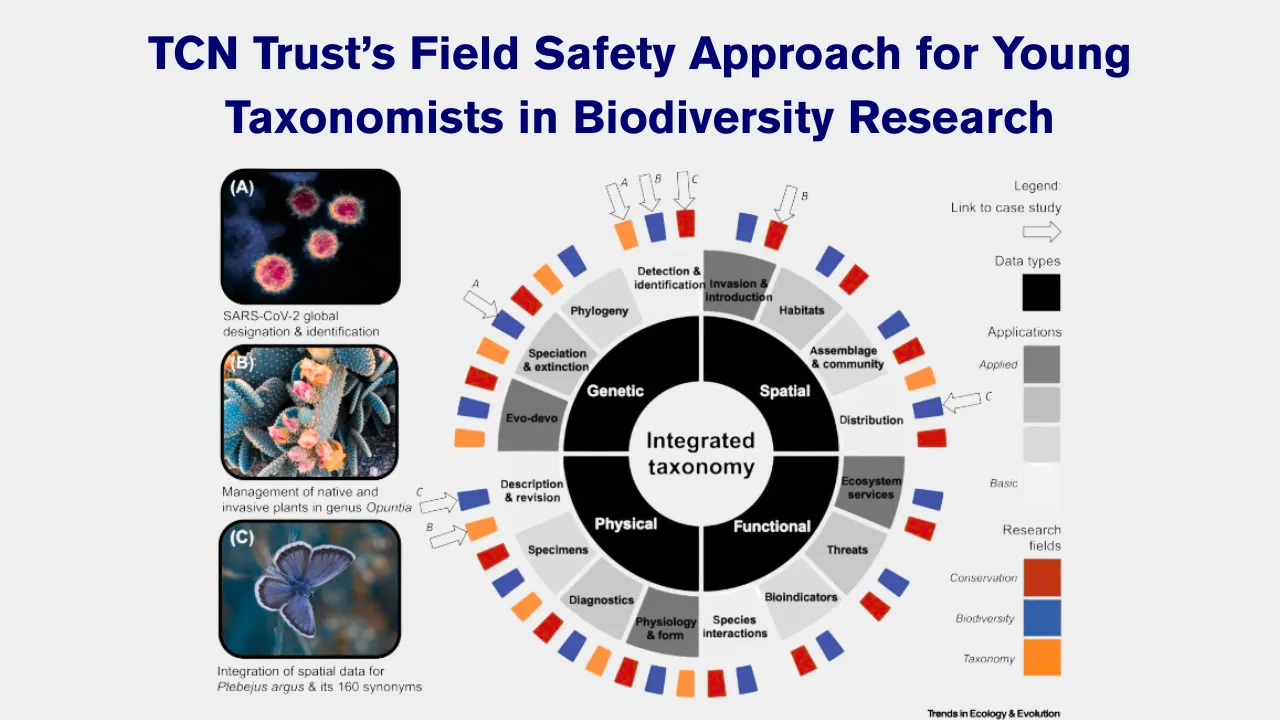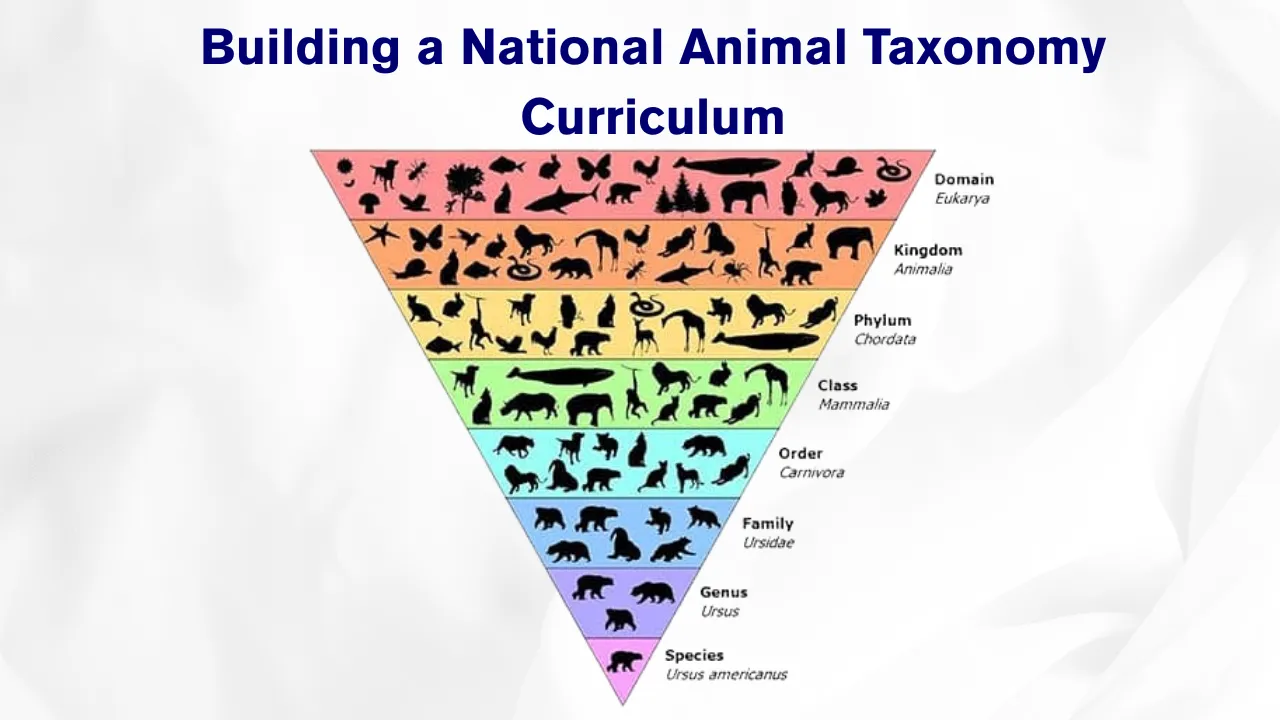Field-Based Taxonomy Workshops are shaping the future of biodiversity conservation in a direct and practical way. In an era of unprecedented environmental changes, these workshops serve as hands-on learning experiences where individuals engage with real ecosystems to study and classify plant and animal species. Unlike purely theoretical approaches, field-based training gives participants the skills to recognize patterns in nature, observe subtle ecological changes, and contribute to the discovery of new life forms.
This article explores the Trust’s proactive involvement in promoting Field-Based Taxonomy Workshops. From detailed training sessions to equipping communities with scientific tools, the Trust’s support bridges the gap between scientific knowledge and grassroots engagement. We’ll examine how these workshops empower people, promote species discovery, and strengthen local capacities for long-term biodiversity conservation.
Field-Based Taxonomy Workshops: A Catalyst for Biodiversity Conservation
Field-Based Taxonomy Workshops offer a rare combination of scientific learning and immersive field experience. Participants are guided by professional taxonomists through diverse ecosystems—forests, wetlands, mountains—learning how to identify, record, and analyze various forms of life. The Trust not only funds these initiatives but also ensures they are inclusive, relevant, and tailored to regional biodiversity challenges. These workshops have proven to be a powerful tool in training the next generation of naturalists, ecologists, and conservationists while advancing local and national species documentation efforts.
Overview of the Trust’s Support
| Aspect | Details |
| Focus | Training in taxonomy, biodiversity documentation, ecological fieldwork |
| Participants | Students, researchers, local communities, forest guards |
| Regions Targeted | Biodiversity-rich areas with limited research access |
| Key Activities | Species identification, sample collection, field note preparation |
| Secondary Goals | Promoting conservation awareness, building local capacity |
| Outcome | New species discoveries, local monitoring networks, increased conservation action |
The Role of the Trust in Supporting Workshops
The Trust takes a comprehensive and thoughtful approach to organizing Field-Based Taxonomy Workshops. It begins with identifying biodiversity hotspots where research is minimal but potential is high. These regions often lack resources, and the Trust fills the gap by offering financial support, technical guidance, and access to expert mentors. The workshops are structured to combine field immersion with classroom-based learning, making them suitable for both beginners and advanced participants.
By partnering with universities, research institutes, and community organizations, the Trust ensures that the workshops are sustainable and impactful. The results are not limited to scientific outcomes—they also create networks of people committed to preserving their natural heritage. This makes the Trust a vital driver in grassroots-led conservation awareness.
Hands-On Training and Real-World Experience
A defining strength of Field-Based Taxonomy Workshops lies in their practical approach. Instead of relying solely on textbooks or digital models, participants engage with real specimens in their natural environments. This might mean cataloging forest insects, identifying tree species, or analyzing wetland plants under magnification.
Each training session blends theoretical knowledge with applied skills such as note-taking, use of field equipment, and techniques for species identification. Often, participants encounter rare or even undescribed species during these expeditions. In such cases, their contributions can be submitted to scientific records, boosting local and global scientific research efforts.
This experience also deepens respect for ecosystems, helping people understand how even the smallest organisms contribute to environmental balance.
Empowering Local Communities and Grassroots Researchers
One of the Trust’s core missions is capacity building—and these workshops are a key part of that. Local communities, particularly those living near protected areas, are often the first to observe ecological changes or species decline. By training them in taxonomy, the Trust empowers these communities to participate in ecological monitoring and biodiversity management.
Many participants are students, forest rangers, tribal youth, and amateur naturalists. With access to these workshops, they gain the confidence and knowledge to join national or regional conservation networks. Some go on to lead research initiatives or assist in developing biodiversity registers in their areas.
Importantly, this grassroots involvement leads to stronger local stewardship. When people feel connected to their environment through scientific understanding, they are more likely to protect it.
Impact on Biodiversity Discovery
The real-world outcomes of Field-Based Taxonomy Workshops are often extraordinary. New plant species, freshwater invertebrates, fungi, and insects have been documented by workshop participants. These findings not only enrich biodiversity databases but also influence conservation planning and land-use decisions.
Such discoveries often happen in underexplored habitats that are facing pressure from human development. By prioritizing these locations, the Trust ensures that irreplaceable ecosystems receive timely attention. Documentation from these workshops helps researchers, conservation planners, and policymakers take informed steps to protect threatened areas.
Beyond scientific gains, these discoveries spark public interest and raise awareness about nature’s hidden wonders—essential elements in building a culture of nature education.
Expansion Plans for Broader Impact
As the demand for biodiversity data grows, so does the importance of expanding training efforts. The Trust is now actively scaling up its initiatives to reach more countries and remote regions. Plans include adapting workshops to different ecological zones, translating materials into local languages, and using mobile apps for real-time species recording.
The Trust is also building long-term relationships with universities and NGOs to establish permanent field stations. These centers will host regular training sessions, maintain specimen libraries, and serve as hubs for regional biodiversity tracking.
This expansion will also involve more digital learning, allowing participants to review workshop materials, continue taxonomy training, and stay connected with their mentors even after the event ends.
Key Benefits of Field-Based Taxonomy Workshops
- Real Learning: Practical, field-based approaches result in stronger knowledge retention and skill development.
- Biodiversity Data: Every session contributes vital information to regional and national species databases.
- Community Building: Workshops foster collaborations between scientists, local communities, and conservationists.
- Species Protection: Field discoveries can inform protected area designation and species protection laws.
How the Trust Selects Workshop Locations
- Biodiversity Hotspots: Areas rich in species but lacking research attention are prioritized.
- Local Need and Interest: The Trust responds to requests from educational institutions, communities, and forest departments.
- Potential for Long-Term Monitoring: Regions where workshops can spark continuous monitoring projects are preferred.
Future Challenges and Opportunities
Running Field-Based Taxonomy Workshops isn’t without its hurdles. Harsh terrain, unpredictable weather, and limited infrastructure can slow down operations. Additionally, logistical costs such as travel, permits, and field equipment are considerable. Yet, these challenges are being met with creative solutions.
New technologies such as handheld DNA scanners and mobile field guides are improving efficiency. The Trust is also working on digital platforms that allow past participants to stay engaged, submit data, and access mentoring after the workshops.
As environmental challenges mount, these workshops offer a scalable, proven model for biodiversity conservation rooted in knowledge, participation, and local leadership.
FAQs
What are Field-Based Taxonomy Workshops?
These are practical, on-site training programs where participants learn how to identify and document species in natural environments.
Who can attend these workshops?
Students, researchers, community members, and anyone interested in biodiversity and conservation can participate.
What tools are used during the workshops?
Participants use microscopes, specimen containers, field guides, GPS tools, and mobile apps for data collection.
How do these workshops contribute to biodiversity conservation?
They create skilled observers who can detect species changes, contribute to scientific data, and support conservation decisions.
How does the Trust ensure long-term impact?
Through partnerships, follow-up programs, and digital learning platforms that keep participants engaged and informed.
Final Thought
Field-Based Taxonomy Workshops are more than training programs—they’re engines of discovery and community empowerment. By supporting these workshops, the Trust is building a global network of nature-literate citizens who can protect the environment not just with passion, but with real scientific knowledge. Whether you’re a student, a teacher, or a nature lover, this is your chance to be part of something bigger. Share this article and explore how you too can help protect the biodiversity that sustains life on Earth.
